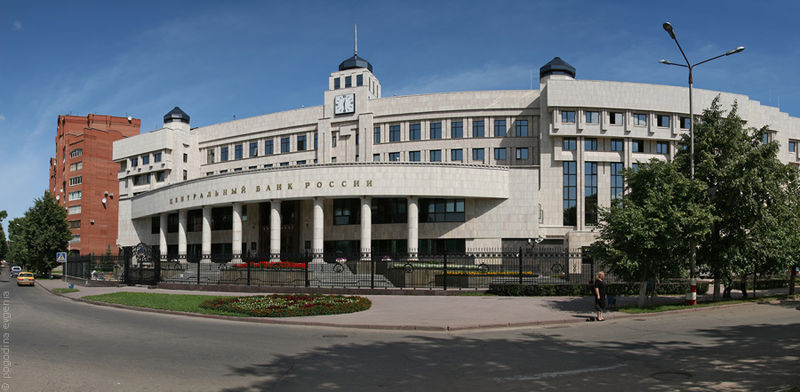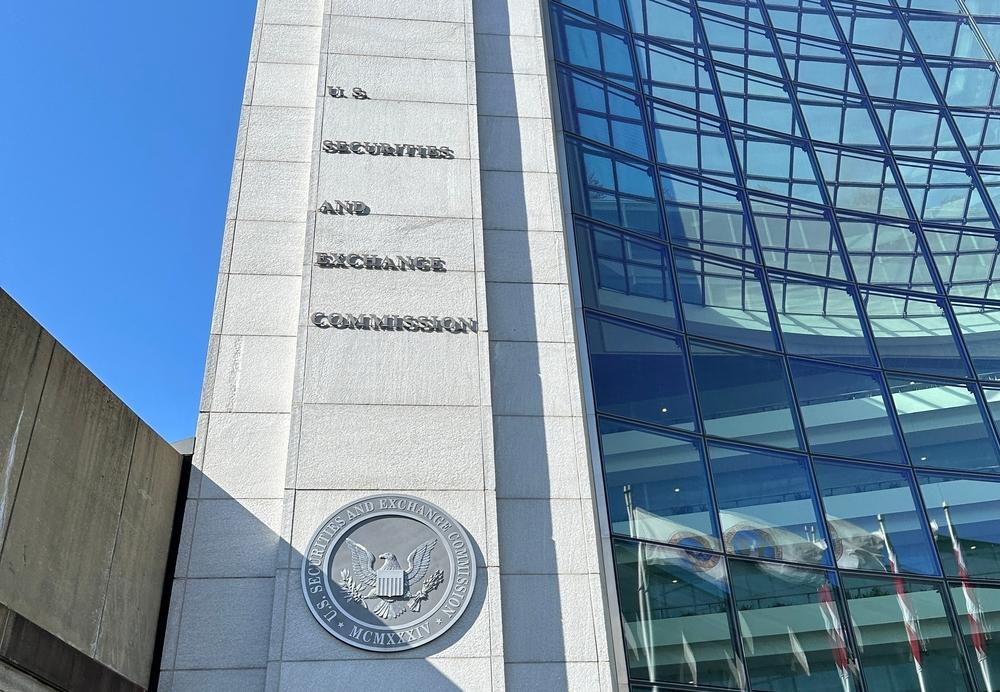While China is ahead of the central bank digital currency (CBDC) race with its testing the digital yuan in key cities, other countries are already taking steps to issue their own cryptocurrency. Russia’s central bank recently revealed plans for a digital ruble pilot.
The Central Bank of the Russian Federation, also known as the Bank of Russia, revealed that it is pushing ahead with its own digital currency plans, according to Bitcoin.com. Russian publication Izvestia reported that the regulator will conduct a central bank digital currency (CBDC) pilot sometime next year.
On October 13, the Bank of Russia announced that it will hold a public consultation on the possibility of issuing its own central bank digital currency (CBDC) called the digital ruble, Cointelegraph reported. The regulator added that the consultation period will last until December 31, 2020.
Five banks already plan to participate in the Bank of Russia’s CBDC pilot, which is expected to start in the first half of 2021. The financial institutions that will participate in the testing include the Russian National Commercial Bank, Credit Bank of Moscow, Bank Zenit, Promsvyazbank, and Dom.RF.
The Bank of Russia said that one adopted, citizens can use the digital ruble to pay for goods and services. The regulator added that it is even possible for Russian workers to receive their salaries and benefits in CBDC in the future.
“Citizens and businesses will be able to purchase digital rubles by exchanging them for cash or funds stored in their bank accounts,” the Bank of Russia said. “The possibility of receiving salaries, benefits, or other payments in digital rubles is also being considered.”
The Bank of Russia said that a ruble-backed CBDC will play a role in mitigating the effects of the economic sanctions imposed by the U.S. and the European Union. The E.U. imposed a recent round of sanctions last week over the alleged assassination attempt on opposition leader Alexei Navalny.
Meanwhile, the Russian Ministry of Finance pointed out the benefits of a digital ruble. “Its advantages in the finance department include a reduction in transaction costs and the volume of burden on banks, an increase in cross-border payments, as well as a decrease in dependence on the dollar and exposure to sanctions,” the ministry said.


























Comment 2